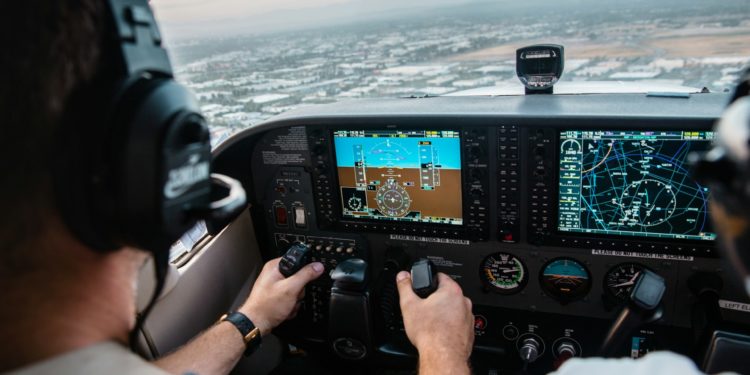Becoming a pilot is a dream for many, but the journey to the cockpit is filled with numerous challenges. Aspiring pilots must navigate a demanding training regimen, master complex technical skills, and develop the mental fortitude required to handle high-pressure situations. One key component of this journey is the Airline Transport Pilot License (ATPL) course, which plays a crucial role in shaping competent and confident aviators. Here are some of the major challenges pilots face when learning to fly.
Mastering Theoretical Knowledge
One of the first hurdles in pilot training is mastering the extensive theoretical knowledge required. The ATPL course includes subjects such as meteorology, navigation, flight planning, air law, and aircraft systems. The sheer volume of information can be overwhelming, and aspiring pilots must dedicate significant time and effort to study and understand these topics thoroughly. Passing the rigorous written exams that accompany the ATPL course is a significant challenge that requires focus and discipline.
Developing Practical Skills
While theoretical knowledge is essential, developing practical flying skills is equally critical. Aspiring pilots must log numerous hours of flight time under various conditions to gain the experience needed to handle an aircraft safely and efficiently. This includes learning to take off, navigate, and land in different weather conditions, as well as mastering emergency procedures. The learning curve is steep, and it takes perseverance and dedication to refine these skills.
Physical and Mental Demands
The physical and mental demands of pilot training can be intense. Pilots must maintain a high level of physical fitness and health, as the job requires long hours of concentration and the ability to respond quickly to unexpected situations. Additionally, the mental stress of managing complex flight operations, making quick decisions, and ensuring passenger safety can be taxing. Developing resilience and stress management techniques is crucial for aspiring pilots.
Financial Considerations
Pilot training is a significant financial investment. The cost of flight school, aircraft rental, fuel, and other expenses can add up quickly. Many aspiring pilots face the challenge of securing the necessary funding to complete their training. Scholarships, grants, and financing options are available, but the financial burden can still be substantial. This financial aspect adds an extra layer of pressure on students, who must balance their training commitments with potential financial constraints.
Navigating Simulator Training
Simulators play a crucial role in pilot training, allowing students to practice scenarios that cannot be safely replicated in real aircraft. While simulators are incredibly valuable, they present their own set of challenges. The high level of realism in modern simulators means that students must be able to apply their theoretical knowledge and practical skills in a controlled yet demanding environment. Successfully navigating simulator training is a key milestone in the ATPL course.
Meeting Regulatory Requirements
Aviation is a highly regulated industry, and aspiring pilots must meet strict regulatory requirements to earn their licenses. This includes passing medical exams, background checks, and flight tests. Keeping up with the constantly evolving regulations and ensuring compliance can be challenging, but it is essential for a successful career in aviation.
Balancing Time and Commitments
Pilot training is time-intensive, often requiring students to balance their studies with other commitments such as work or family. The time required for flight hours, studying, and attending classes can make it difficult to maintain a balanced life. Effective time management and prioritization are crucial skills that aspiring pilots must develop to successfully navigate their training.
Building Experience and Confidence
Gaining confidence as a pilot comes with experience, but building this experience takes time and effort. Pilots must progressively take on more complex tasks and fly in increasingly challenging conditions to develop their skills and confidence. This gradual buildup can be frustrating at times, but it is a necessary part of becoming a competent and safe pilot.
The journey to becoming a pilot is filled with challenges, from mastering theoretical knowledge and developing practical skills to managing financial and regulatory hurdles. The ATPL course is a critical component of this journey, providing the comprehensive training needed to prepare pilots for the complexities of flying. Despite the challenges, the rewards of a career in aviation are immense, offering the opportunity to soar through the skies and experience the world from a unique perspective. Aspiring pilots who persevere through these challenges will find themselves well-equipped to handle the responsibilities and joys of being a pilot.


![7 Best POS Software in the UK [2026 Edition]](https://todaynews.co.uk/wp-content/uploads/2026/02/7-Best-POS-Software-in-the-UK-2026-Edition-360x180.png)










































































